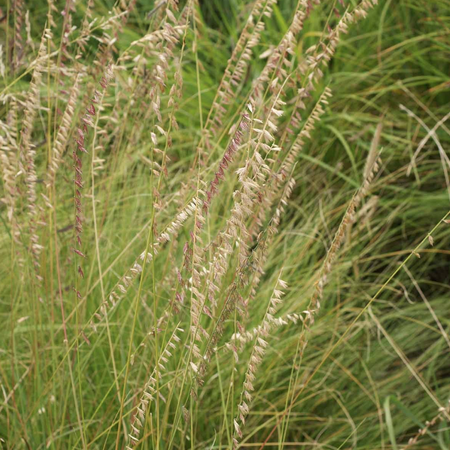Sideoats Grama, Grains
Key Attributes
Key Attributes
Product Details
Weight
.08Sub Type
OatsBotanical Name
Bouteloua curtipendulaSeed Type
SeedAdditional Characteristics
Erosion ControlSeeds Per Gram
351Seeds Per Pound
159,200Best Time To Sow
March-AugustSow Depth
1/8"Seeds Per Ounce
9,950Breed
Open-pollinatedSun
Full SunUses
Forage, Green Manure, Nitrogen Scavenger, No Till, Biomass, Weed suppressionLife Cycle
AnnualCategories
Cover CropDays To Maturity (# Days)
100Seeds Per Acre
125 lbsComponents
Growing Instructions
Shipping Schedule
Our Seed Promise
 "Agriculture and seeds" provide the basis upon which our lives depend. We must protect this foundation as a safe and genetically stable source for future generations. For the benefit of all farmers, gardeners and consumers who want an alternative, we pledge that we do not knowingly buy or sell genetically engineered seeds or plants.
"Agriculture and seeds" provide the basis upon which our lives depend. We must protect this foundation as a safe and genetically stable source for future generations. For the benefit of all farmers, gardeners and consumers who want an alternative, we pledge that we do not knowingly buy or sell genetically engineered seeds or plants.
The mechanical transfer of genetic material outside of natural reproductive methods and between genera, families or kingdoms, poses great biological risks as well as economic, political, and cultural threats. We feel that genetically engineered varieties have been insufficiently tested prior to public release. More research and testing is necessary to further assess the potential risks of genetically engineered seeds. Further, we wish to support agricultural progress that leads to healthier soils, to genetically diverse agricultural ecosystems, and ultimately to healthy people and communities.
To learn more about the "Safe Seed Pledge" please visit www.councilforresponsiblegenetics.org.

